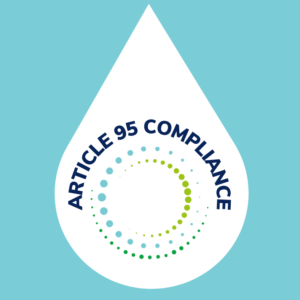Aqualution has successfully secured grant funding from the National Biofilm Innovation Centre (NBIC) to develop a biofilm model for testing active ingredients for hand hygiene.
Funding for the project was received from the NBIC as part of their fourth Proof of Concept which is supporting a total of 18 biofilm-related projects during this latest round, covering a wide range of sectors including health, hygiene, industrial processing, food, water, oral care, personal care, anaerobic digestion, waste and wastewater and biotechnology.
The 6-month long project is being run in collaboration with The University of Edinburgh’s Institute for Condensed Matter and Complex Systems whose researchers are involved in work relating to preventing, detecting, managing or engineering biofilms which are communities of microbes that develop on all surfaces, including skin, and have a negative impact on the efficacy of disinfectants and sanitisers resulting in an enormous impact on human life and the health of the planet.
There is a need for simple, affordable and effective procedures for screening hand disinfectant products and their efficacy in relation to skin biofilms, particularly for use in developing countries. This project will develop a human skin biofilm model that can be used for high-throughput testing of skin disinfection formulations.
Aqualution’s project leads, Nick Meakin and Dr Michelle Lewis, will be working with Dr Susana Direito, the lead and Principal Investigator of the project, alongside her colleagues from the School’s Institute for Condensed Matter and Complex Systems (Aidan Brown, Job Thijssen, Andreia Silva and Paul Hush), and industrial partners Bear Valley Ventures (Walter Gibson).





